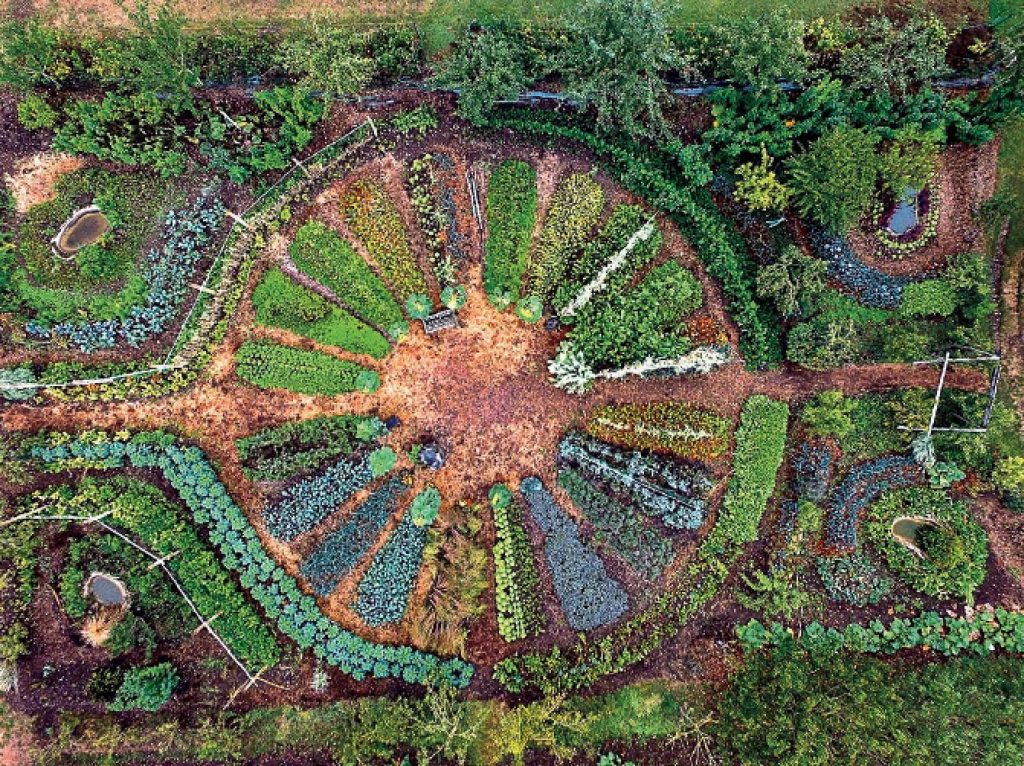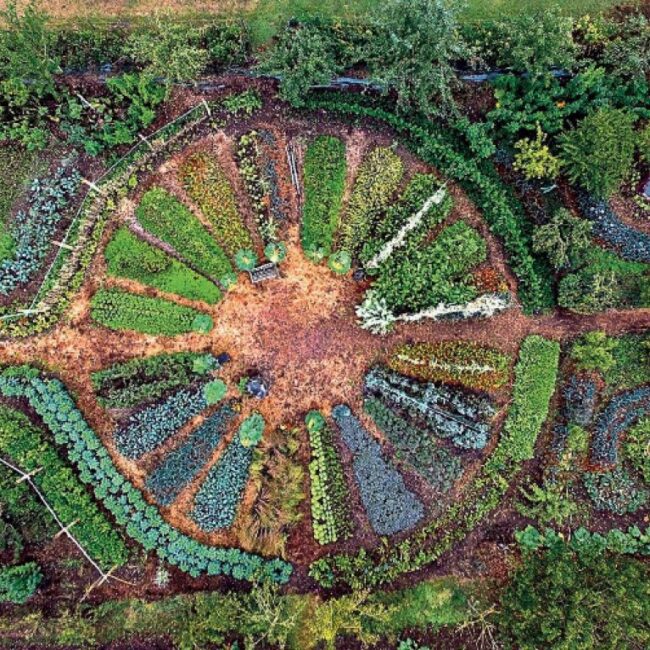Permaculture is the future


Permaculture has gained significant momentum in Wales as a holistic approach to sustainable land management, fostering harmony between human activity and the natural environment. With its diverse landscapes and deep-rooted connection to the land, Wales provides an ideal setting for permaculture practices to thrive. In this blog post, we will explore the principles and benefits of permaculture in Wales, highlighting key initiatives, inspiring projects, and the positive impact on local communities and ecosystems. Join us as we delve into the world of permaculture and its transformative potential in Wales.
Permaculture is an ecological design system that aims to create sustainable and regenerative systems that mimic natural ecosystems. It integrates principles of observation, design, and collaboration to develop self-sustaining landscapes that provide food, shelter, and other resources while promoting biodiversity and ecosystem resilience.
Permaculture plays a crucial role in transforming traditional agricultural practices into regenerative systems. In Wales, farms and community gardens are emerging as vibrant hubs for sustainable food production. Through techniques such as agroforestry, composting, and companion planting, these initiatives enhance soil health, conserve water, and promote biodiversity, ensuring long-term food security while minimising environmental impact.
Permaculture fosters community resilience by promoting local self-reliance and collaboration. In Wales, community-led projects are empowering individuals and neighbourhoods to take control of their food production, energy generation, and waste management. By sharing knowledge, resources, and skills, communities strengthen their social fabric, build resilience in the face of challenges, and create sustainable, supportive networks.
Permaculture practices contribute to the restoration and enhancement of ecosystems in Wales. By embracing native plant species, regenerating natural habitats, and creating wildlife-friendly landscapes, permaculture projects support biodiversity and protect endangered species. The rewilding of areas and the creation of wildlife corridors foster thriving ecosystems and help preserve Wales’ natural heritage.
Education plays a vital role in spreading the principles and practices of permaculture. In Wales, numerous organisations offer permaculture design courses and workshops, empowering individuals with the knowledge and skills needed to implement sustainable land management techniques. These courses inspire and equip participants to become catalysts for change, driving the adoption of permaculture principles in their communities.
Permaculture is transforming the way we interact with the land and envision our future in Wales. By embracing regenerative agriculture, community collaboration, ecosystem restoration, and educational initiatives, permaculture projects are paving the way for a sustainable and resilient Wales. The principles of permaculture offer a roadmap towards a greener future, where human systems and natural ecosystems coexist in harmony, fostering thriving communities and a healthier planet.
For more information on permaculture initiatives in Wales and how you can get involved, visit [Your Website]. Join the permaculture movement and contribute to the transformation of Wales into a sustainable haven that embraces regenerative practices and nurtures the well-being of both people and the environment.